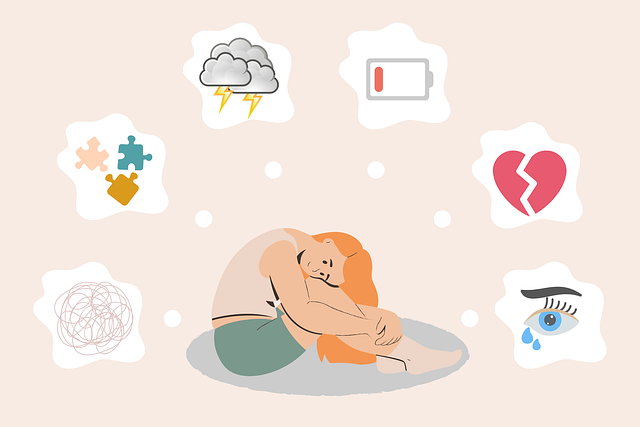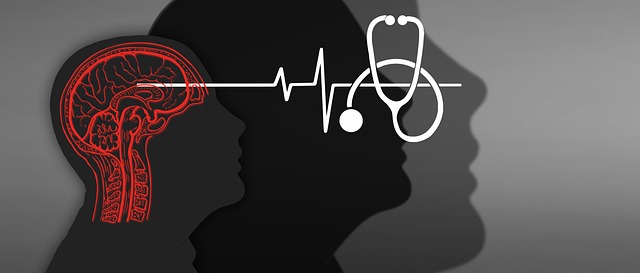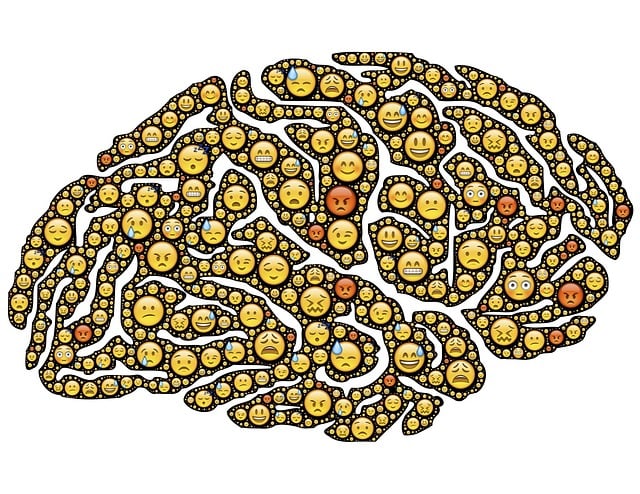For young adults with developmental disabilities, integrating therapy for young adults developmental disability with risk assessment tools, crisis intervention guidance, mental wellness podcasts, and harm minimization strategies creates a holistic approach to enhancing well-being. This includes stress reduction methods, mindfulness practices, and continuous monitoring for dynamic adjustment, empowering individuals to make informed decisions, build community, and develop tailored coping mechanisms while fostering independence and resilience.
Risk assessment and harm minimization planning are crucial components of providing safe and effective therapy for young adults with developmental disabilities. This comprehensive guide explores three key areas: understanding risk assessment in this specific population, implementing harm minimization strategies within therapeutic settings, and the importance of continuous monitoring and adjustment for optimal support. By delving into these topics, we aim to enhance the safety and well-being of vulnerable individuals.
- Understanding Risk Assessment for Young Adults with Developmental Disabilities
- Implementing Harm Minimization Strategies in Therapy
- Continuous Monitoring and Adjustment for Safe Support
Understanding Risk Assessment for Young Adults with Developmental Disabilities

For young adults with developmental disabilities, understanding risk assessment is a crucial step toward enhancing their mental wellness and overall well-being. This process involves meticulously evaluating potential hazards in their daily lives and implementing strategies to mitigate those risks effectively. By incorporating empathy-building strategies into therapy for young adults with developmental disabilities, professionals can foster a supportive environment where these individuals feel understood and empowered to make informed decisions.
Risk assessment becomes a powerful tool when combined with crisis intervention guidance tailored to their unique needs. It encourages the development of adaptive coping mechanisms, ensuring they are equipped to navigate challenges and crises that may arise. Moreover, integrating mental wellness podcast series production can offer accessible platforms for sharing valuable insights, resources, and personal stories related to risk management and harm minimization. These multimedia resources can enhance awareness, promote self-care, and foster a sense of community among young adults navigating developmental disabilities.
Implementing Harm Minimization Strategies in Therapy

Implementing Harm Minimization Strategies in Therapy for Young Adults with Developmental Disabilities is a nuanced and critical approach to fostering well-being. By integrating these strategies, therapists can create a supportive environment that not only addresses immediate concerns but also promotes long-term mental health awareness. Techniques such as stress reduction methods and mindfulness practices have proven effective in enhancing emotional healing processes, enabling young adults to develop coping mechanisms tailored to their unique needs.
This proactive approach goes beyond traditional therapy models by focusing on prevention and resilience. By incorporating strategies that minimize harm, therapists empower individuals with developmental disabilities to navigate challenges with increased confidence and self-efficacy. It’s a holistic process that acknowledges the interconnectedness of physical, emotional, and social well-being, ultimately aiming to enhance the overall quality of life for young adults in their therapeutic journey.
Continuous Monitoring and Adjustment for Safe Support

Effective risk assessment and harm minimization planning for young adults with developmental disabilities necessitate continuous monitoring and adjustment. This dynamic approach ensures that support strategies remain tailored to each individual’s evolving needs, promoting safety and well-being. By regularly assessing environmental factors, behavioral patterns, and personal milestones, care providers can swiftly identify potential risks or changes in the client’s condition.
Cultural sensitivity in mental healthcare practice plays a pivotal role here. Understanding and incorporating the young adult’s cultural background into therapy for developmental disabilities allows for more nuanced risk management. Additionally, confidence-boosting strategies and mental health education programs designed with their specific needs in mind can empower these individuals to actively participate in their care, fostering greater independence and resilience.
Risk assessment and harm minimization planning are essential components of providing safe and effective therapy for young adults with developmental disabilities. By understanding the unique risks these individuals face, implementing tailored harm minimization strategies in therapy sessions, and continuously monitoring and adjusting support measures, we can ensure a more secure environment for their growth and development. This comprehensive approach to risk management not only protects vulnerable individuals but also allows therapists to offer high-quality care that promotes their overall well-being.








